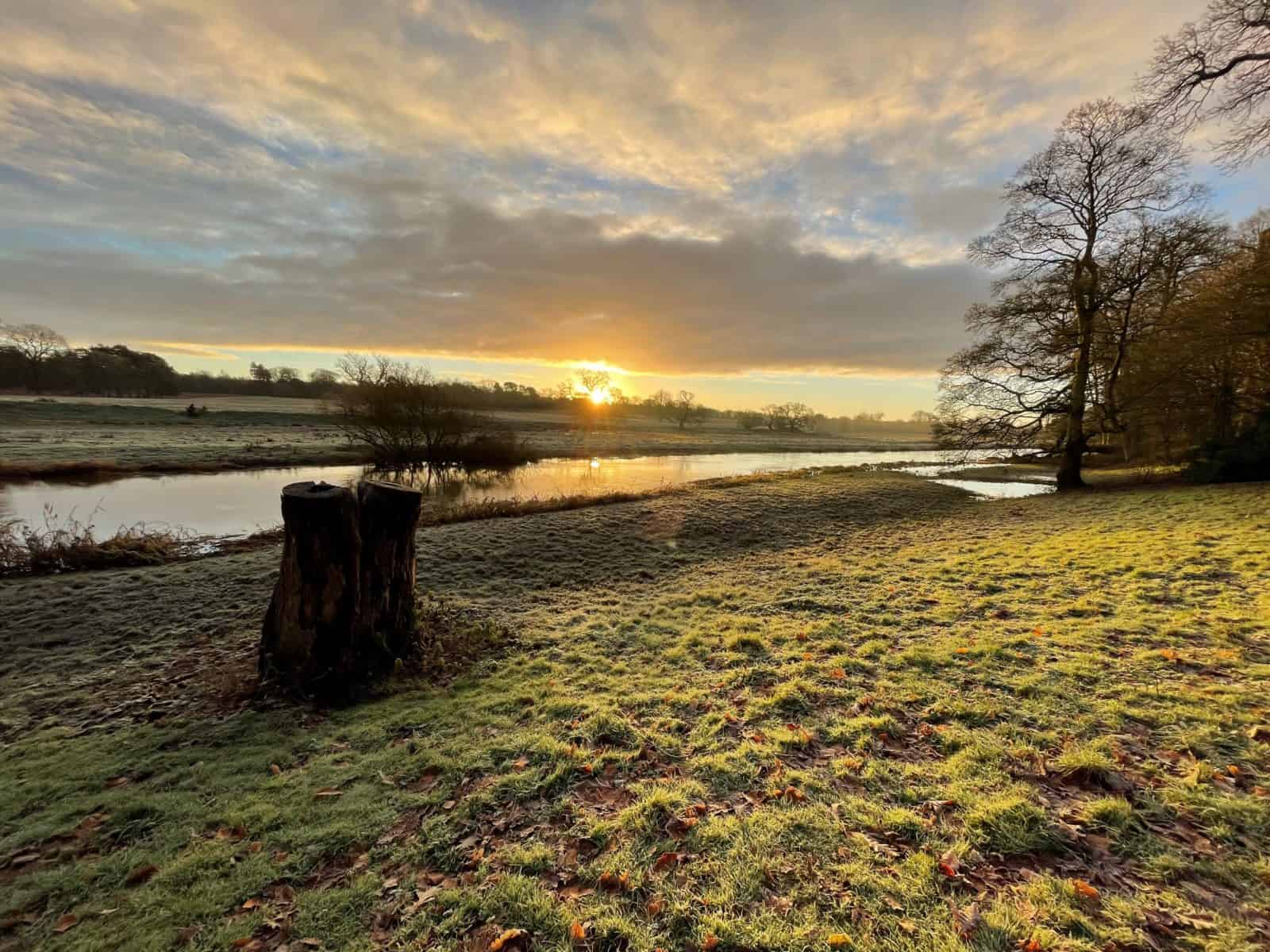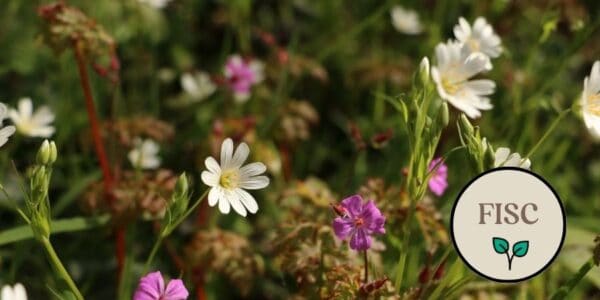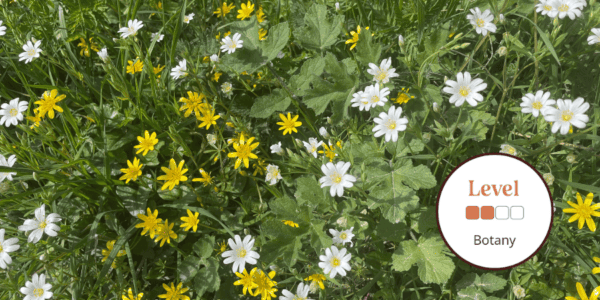This intermediate course will provide you with the skills required to confidently use the National Vegetation Classification in winter as a framework to approach how plant communities are responding to environmental change. It is a key skill for many in the environmental sector, and those interested in an environmental career.
The ideal time to survey habitats is in the summer, but there are often times when an out-of-season survey is required. There are also times when you might find yourself in a potentially interesting place and wonder whether it’s worth a revisit at a better time of year. By building identification and survey skills in winter, you can develop an appreciation for the range of species found in certain areas.
This intermediate course is designed to enable both professionals and amateurs to assess habitats in the winter through the use of plant and habitat identification. The assessment of vegetation type and condition in the winter is equally as important as in the summer and can provide indicators of species diversity. There will be an element of botanical identification, especially of plants in their vegetative state, and also some important bryophytes. The course will take advantage of the rich and varied habitats of South Devon. You will spend plenty of time in the field putting your newfound knowledge into practice. There will also be opportunities to use a range of computer programmes to investigate vegetation data, and opportunities to explore vegetative keys.
Your course will take place within the South Devon Area of Outstanding Natural Beauty close to field sites in Dartmoor National Park and urban centres in Plymouth and Torbay.
Please email [email protected] if you have any questions.
Tutor: Philip Wilson
Phil Wilson has been a freelance vegetation scientist, studying Britain’s plants and vegetation, since 1991. His PhD focused on the ecology and conservation of the arable flora and he worked with Plantlife for several years on some of our rarest plants. He also manages a small farm in East Devon, but enjoys travelling round the country.
Example Timetable
Timetable
This timetable is subject to change but should give a clear outline of what to expect
-
- Please arrive at 9:45am in time for the course to start promptly at 10:00am
- The course will end at 5:00pm
Day 1
10:00am Introductions
10:30am Prepare for field session
10:45am Field visit
1:00pm Lunch – Not included
2:00pm Continued field time
4:30pm Return to classroom - plenary and final questions
5:00pm End of day 1
Day 2
10:30am Prepare for field session
10:45am Field visit
1:00pm Lunch – Not included
2:00pm Continued field time
4:00pm Return to classroom - plenary and final questions
5:00pm End of course
Please note accommodation, refreshments and an evening meal are not included.
What's Included
The course has been carefully created by expert tutors and educators to help you continue to build and develop your knowledge and apply it within the field surrounded by like-minded individuals.
The course includes:
- Classroom learning covering the theory of the species
- Field excursions to apply new knowledge
- Expert tuition for which the Field Studies Council is renowned
- Clear objectives and progression
You can rest assured that the absolute best content from an expert in environmental education will be provided. In choosing a Field Studies Council course, you will be joining thousands of people who learn with us each year.
Bursaries and Subsidies
Student Discount
This course is eligible for a student discount. If you are a current student, please use discount code BioStudent20 at checkout for 20% off all Biodiversity courses.
Before You Attend
Before you attend:
- Notebook and pencil
- Please bring your own refreshments & pack lunch
- Sensible footwear and clothing for being outdoors
- Hand lens (if you have one)
- Favourite identification guides
There will be a member of staff with first aid training and access to a first aid kit on site. If you have special medical or access requirements, please let us know as soon as possible so we can plan the course.
Sorry this course booking is closed



